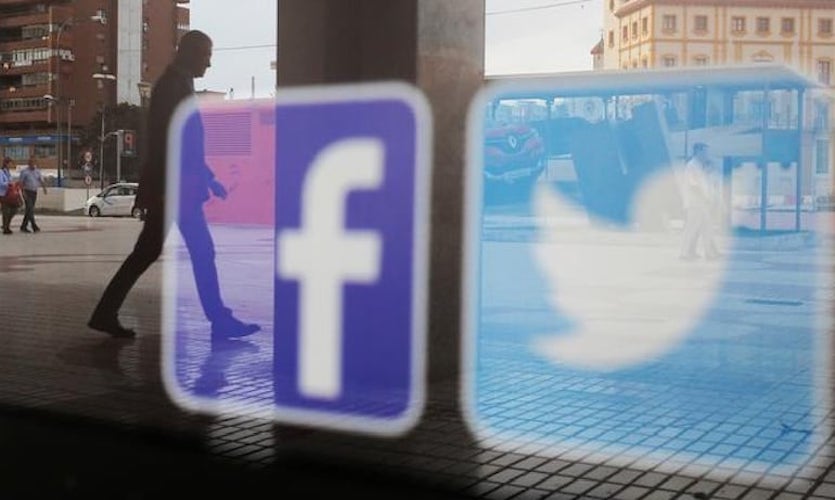On June 6, the Ministry of Electronics and Information Technology released a draft to amend the IT rules of 2021, and increase the accountability and transparency of big-tech companies.
The Centre has claimed that big-tech companies are still able to exploit the constitutional rights of social media users, which is why it has drafted a revised edition of the 2021 IT rules. The Ministry of Electronics and Information Technology released a draft of the amendments on June 6. The central government has proposed the draft to welcome any suggestions and comments from the public, and said that it will ensure that the tech companies strictly comply with the rules.
The amendments are based on mainly four major changes, and the concerned parties have to reply to the proposed draft within 30 days. It is possible that the parliament will discuss these amendments during the monsoon session this year.
The Four Major Changes In The IT Rules
- The government of India has made it compulsory for IT companies to ensure their accountability under Rule 3(1)(a) and 3(1)(b). It is mandatory for an IT firm to mention the information regarding Service Terms and Privacy Policy on their website, mobile application or both.Further, the government states that the intermediary will be held responsible if any user of its services hosts, distributes, displays or uploads, publishes or shares any material which:
- is not the user’s property and belongs to another person.
- is obscene, abusive, violates the privacy of others, causes harassment on the basis of caste or birth, abets money laundering, or violates any other law of the land.
- causes harm to children.
- infringes on patent terms or copyright.
- is false and deliberately misleading and disguised as fact.
- steals the identity of the other person.
- harms the unity, integrity, defence, security, and the sovereignty of India. This includes material that is likely to spoil the friendly foreign relations of India, insult any other country, disturb public order and obstruct the investigation of any crime.
- contains material that spreads computer viruses;
- contains false material that is produced to gain financial advantage and intended to defraud or cause harm to any person or entity.
- Another amendment states that it is important for IT firms to respect the civil rights of citizens under the Indian constitution. The government has made changes under the IT rules 2021, 3(1)(m) and 3(1)(n). This rule ensures that big IT firms don’t violate the basic fundamental rights given to the citizens such as the freedom of speech and expression. Reportedly, after the amendments in the IT rules are implemented, tech firms will not be able to regulate content according to their own ideological convenience. Further, doing so will invite great consequences.
- Additionally, the firm will also have to resolve issues faster, to stop objectionable contents from getting viral. The provision fixates the duration of 72 hours after the firm receives the complaint, to remove any offensive content. The firm must take the primary action within 72 hours, after the complaint is lodged. Moreover, other complaints must not take more than 15 days to be resolved. It is the responsibility of the firm to stop offensive content from getting viral. The complaint resolving system should be effective enough that it does not entertain or resolve false cases and claims.
- According to another provision under the amendments, the government plans to make a separate Appeal Committee that will entertain complaints against the decisions of the Grievance authorities of the firms. The committee will be constituted under Section 79 of the IT Act. Further, it will ensure that the issues are resolved within 30 days.
How Will The Amendments Affect Us?
The Internet Freedom Foundation is protesting against this draft laid down by the central government to keep a check on the tech giants. The protesters state that the laws hinder social media freedom, and that the government is trying to control the internet. The organisation has requested the users to carefully understand the draft and then comment against it.
However, experts believe that the draft and the amendments that will follow are mere exercises of clarification. Earlier, the government has issued many provisions regarding social media management, and some other rules against the arbitrariness of IT firms. However, even after the introduction of these rules in February last year, social media intermediaries did not adhere to them properly.
On the other hand, the implementation of these rules is necessary to safeguard the basic fundamental rights of all citizens. There is an urgent need for a platform where people can file complaints if they are not heard by the firms. Some experts say that this cannot be considered an attempt to control the internet, and that this is an important step to bring in more accountability, transparency and uniform grievance redressal.
Read more: Drone Rules 2021: A New, “Liberalised” Policy Framework










